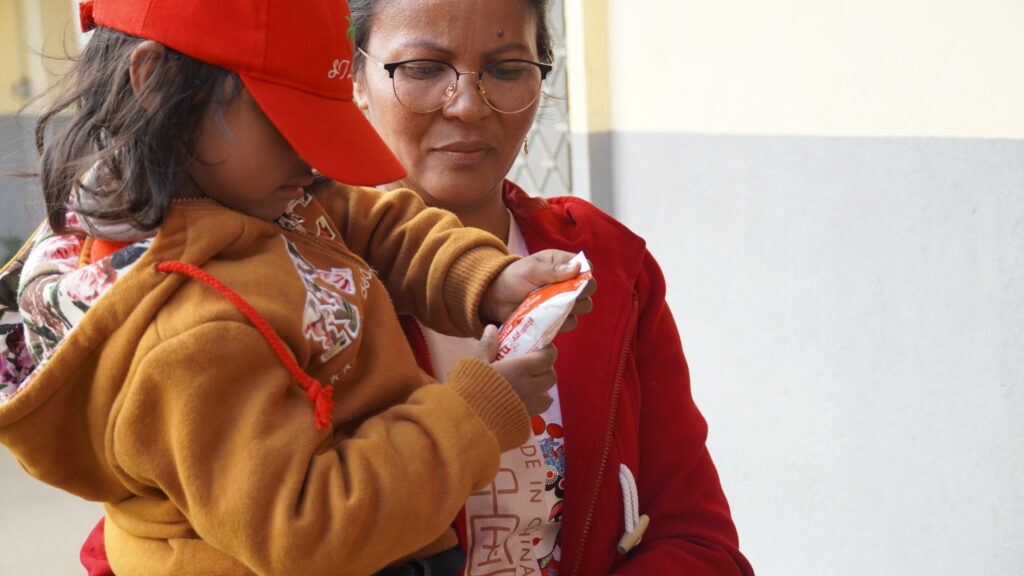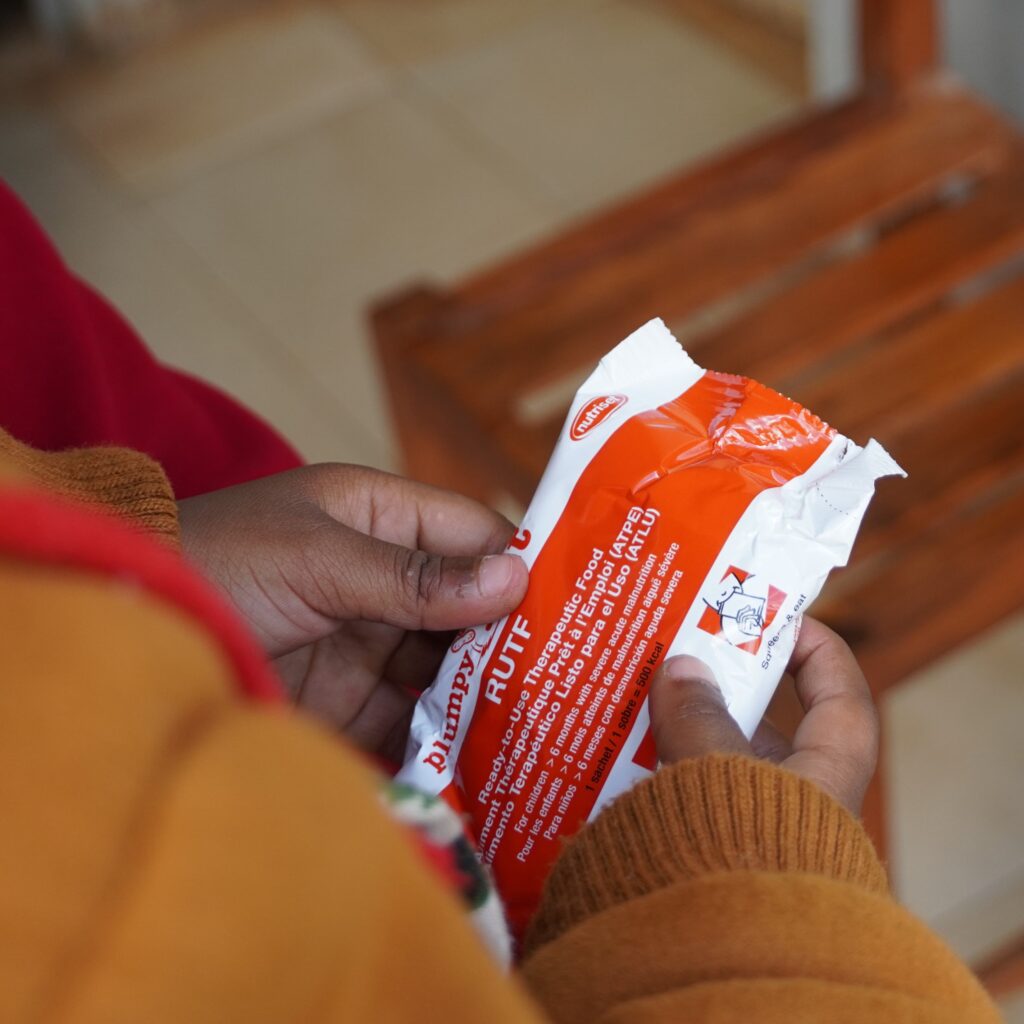Save Children’s Lives from Pneumonia Through Improved Access and Appropriate Use of Quality Amoxicillin
Save Children’s Lives from Pneumonia Through Improved Access and Appropriate Use of Quality Amoxicillin

Pneumonia is one of the leading killers of children under 5, causing about 2,000 deaths each day or 1 every 43 seconds. Though we’ve seen progress, it’s been slower than for other infectious diseases. Most of these deaths are preventable, and we know what needs to be done. So, on this World Pneumonia Day, let’s take a moment to consider how we can accelerate progress in the fight against pneumonia.
Management of pneumonia should be straightforward: diagnose, treat with amoxicillin (according to WHO 2014 guidelines, which are current as of this publication date), and administer oxygen if the child is hypoxic. But medicines in child-friendly formulations must be available, affordable, quality-assured, and used appropriately. Achieving these medicine-related services is no easy task and is not just a supply chain challenge. It is further complicated by the fact that about 1 in 10 medical products in low- and middle-income countries is substandard or falsified, which can not only cause harm but can contribute to antimicrobial resistance (AMR).
As highlighted at the recent World Health Summit in Berlin, AMR is a major global health challenge, in part brought about by the overuse and misuse of antimicrobials in health care, and so the need to improve the use of antibiotics, including amoxicillin, was stressed. At the recent United Nations General Assembly in New York, global leaders approved a political declaration on AMR, committing to strengthening regulatory systems, reducing substandard and falsified medicines, and promoting the appropriate use of medicines, among other commitments. The importance of strengthening pharmaceutical systems to mitigate AMR is clear, and beyond supply chain considerations, the appropriate use and quality of medicines are critical for improving treatment outcomes for pneumonia.
Given the urgency of the continued and numerous deaths caused by pneumonia in children under five and the complexity of ensuring access to and appropriate use of quality-assured amoxicillin, the USAID Medicines, Technologies, and Pharmaceutical Services (MTaPS) Program, together with partners, developed a call-to-action document, highlighting key actions stakeholders should take to address four priority bottlenecks: poor quantification of need, insufficient financing, lack of quality assurance, and inappropriate use.

Recognizing problems with amoxicillin uptake, Madagascar drew on the call-to-action document to identify and address key challenges of access and use of child health products. During a workshop in August 2024, key child health stakeholders discussed and proposed a set of actions to address identified challenges. The country is working to integrate them into its implementation plan for its national RMNCAH-N investment case. Priority actions included:
- Ensuring the supply of amoxicillin dispersible tablets (DT) as the preferred pediatric formulation
- Training health workers on pneumonia management and updating/providing job aids for health care workers
- Developing dispensing aids for mothers to facilitate treatment adherence
- Strengthening the registration process and prioritizing registration of medicines for maternal, newborn, and child health
- Exploring mechanisms to make amoxicillin more affordable, especially at the community level
Workshop participants were particularly interested in MTaPS’ previously developed tools to boost appropriate use of amoxicillin for childhood pneumonia. The updated package of job aids and dispensing envelopes is intended to help countries increase caregivers’ adherence to treatment with amoxicillin DT as well as adherence of health care providers to proper treatment protocols.
Madagascar’s review of the situation, consideration of its bottlenecks, and planned interventions to improve access to and use of amoxicillin demonstrates its commitment to saving children’s lives.
On this World Pneumonia Day, let’s commit to ensuring children don’t die from want of access to quality amoxicillin or from the misuse of antibiotics.